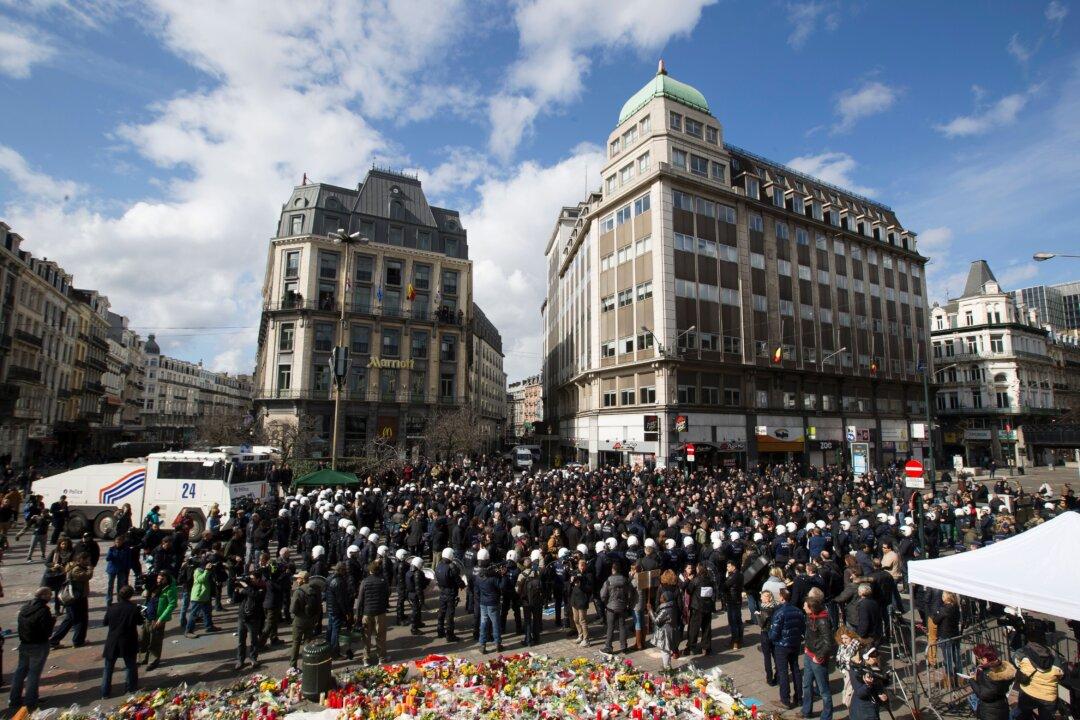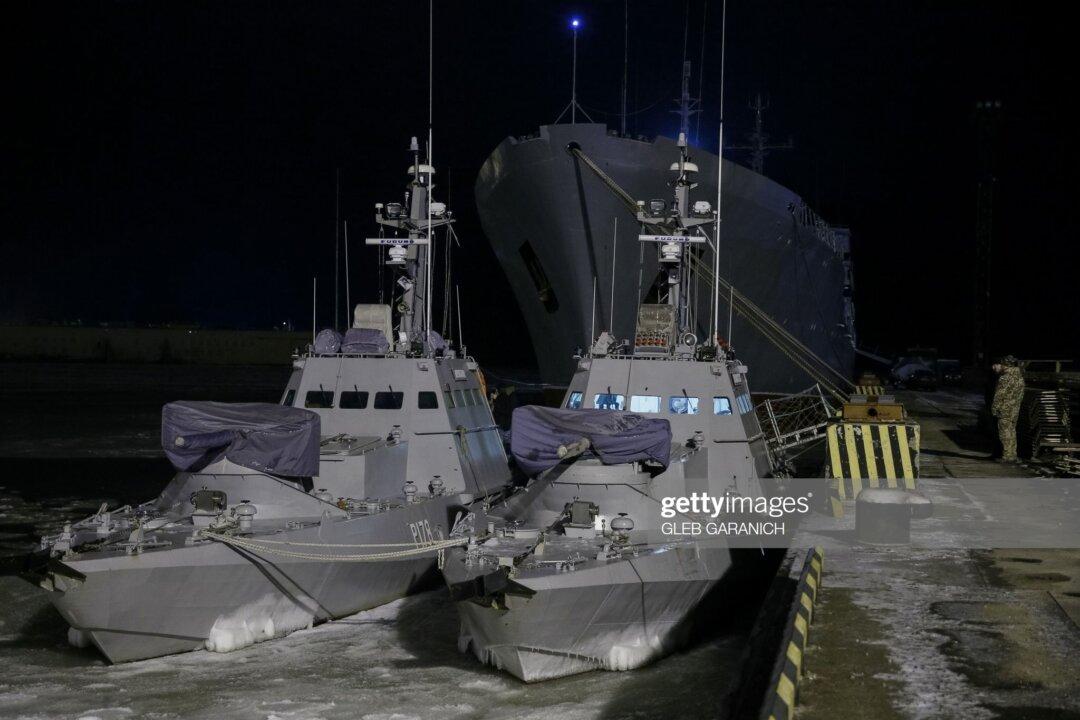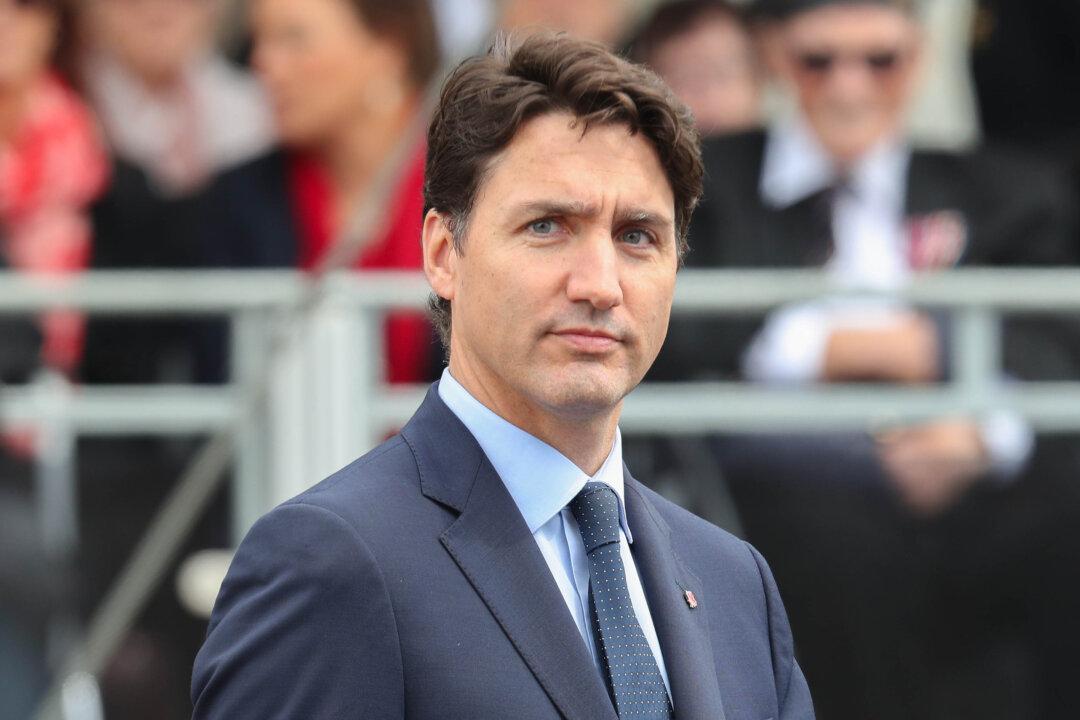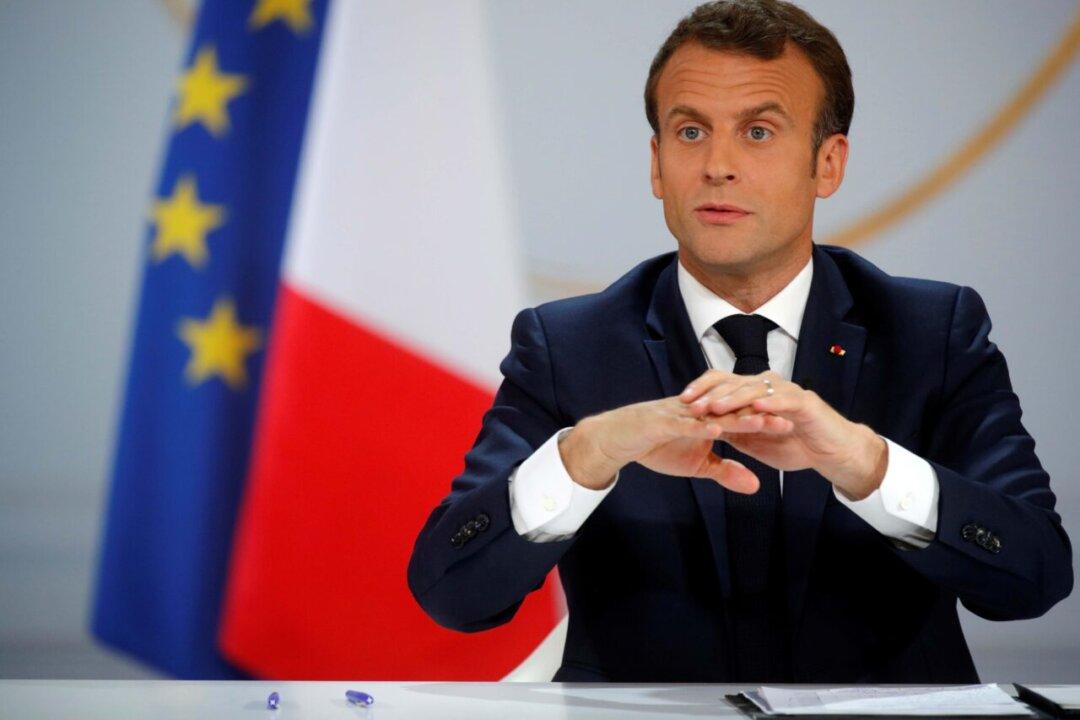“You go to Brussels—I was in Brussels a long time ago, 20 years ago, so beautiful, everything is so beautiful—it’s like living in a hellhole right now…” —Donald Trump
Much as it pains to quote Donald Trump on anything, he has a point about Brussels. Today, it is closer to a henhouse reflecting the frenzy of chickens awaiting the next fox. The city of 2016 is not the city of a generation ago.
At that point, my wife and I were diplomats assigned to the U.S. Embassy and U.S. Mission NATO. Brussels was the epitome of a good bourgeoisie city; that is, the metropolitan area and Belgium were prosperous, modern, politically sophisticated, and respected individual democratic rights and freedoms. The society “worked,” with excellent health care, reliable electricity/water, public education, good public transportation, and security for the average citizen.
Such did not happen by accident. Brussels/Belgium was tightly regulated with police and intelligence-related services ubiquitous but not obvious. Citizens carried a carte d'identité; police records for criminal or financial violations were comprehensive.





